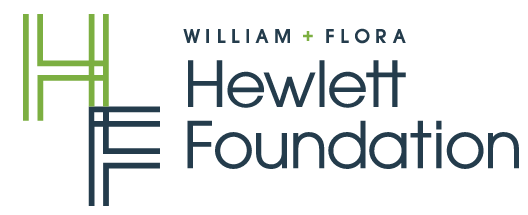Here is this week’s news of grants or gifts to historically Black colleges and universities or for programs of particular interest to African Americans in higher education.
 Morgan State University, the historically Black educational institution in Baltimore, has been awarded a $5 million grant from the U.S. Department of Energy to establish an integrated field laboratory to study climate impacts and adaptations in urban environments. Researchers will investigate the diverse effects of climate and weather events on Baltimore’s infrastructure, with particular interest in gathering localized data and insights to help cities better address vulnerabilities, devise mitigation strategies, and develop improved resiliencies. The project is under the direction of James Hunter, an associate professor of civil engineering at the university.
Morgan State University, the historically Black educational institution in Baltimore, has been awarded a $5 million grant from the U.S. Department of Energy to establish an integrated field laboratory to study climate impacts and adaptations in urban environments. Researchers will investigate the diverse effects of climate and weather events on Baltimore’s infrastructure, with particular interest in gathering localized data and insights to help cities better address vulnerabilities, devise mitigation strategies, and develop improved resiliencies. The project is under the direction of James Hunter, an associate professor of civil engineering at the university.
 Historically Black North Carolina Central University received a three-year, $1.4 million grant from the National Aeronautics and Space Administration for a program designed to allow historically Black college and university students and faculty to conduct innovative data science studies for NASA. Over the next three years, researchers at the university will utilize data science, artificial intelligence, and machine learning to study the impact of natural hazards in marginalized communities in North Carolina, which are less resilient to the impacts of flooding, hurricanes, and other natural disasters.
Historically Black North Carolina Central University received a three-year, $1.4 million grant from the National Aeronautics and Space Administration for a program designed to allow historically Black college and university students and faculty to conduct innovative data science studies for NASA. Over the next three years, researchers at the university will utilize data science, artificial intelligence, and machine learning to study the impact of natural hazards in marginalized communities in North Carolina, which are less resilient to the impacts of flooding, hurricanes, and other natural disasters.
 Florida A&M University and Spelman College in Atlanta, both historically Black institutions, each received $5 million grants from the William and Flora Hewlett Foundation to support the launch and expansion of interdisciplinary cyber policy programs. Florida A&M University will establish the Cyber Policy Institute, an interdisciplinary collaboration between the university’s College of Science and Technology and the College of Social Sciences, Arts, and Humanities. The grant will enable Spelman College to increase the number of Black women in the cyber field through the creation of an interdisciplinary minor in cyber policy, host an annual speaker series on cyber issues, and develop a pathway program for Spelman students to complete graduate degrees in cyber policy at a partner school.
Florida A&M University and Spelman College in Atlanta, both historically Black institutions, each received $5 million grants from the William and Flora Hewlett Foundation to support the launch and expansion of interdisciplinary cyber policy programs. Florida A&M University will establish the Cyber Policy Institute, an interdisciplinary collaboration between the university’s College of Science and Technology and the College of Social Sciences, Arts, and Humanities. The grant will enable Spelman College to increase the number of Black women in the cyber field through the creation of an interdisciplinary minor in cyber policy, host an annual speaker series on cyber issues, and develop a pathway program for Spelman students to complete graduate degrees in cyber policy at a partner school.











